The UK has made a commitment to reaching net zero greenhouse gas emissions by 2050, but to achieve that requires fundamental changes to how we all live and work.
In particular, there are certain industries that currently produce vast volumes of carbon emissions, and construction is one such sector that needs to change how it operates to bring the UK's carbon footprint down. A large contributor to climate issues, it's an industry that has the potential to make big strides in the world’s climate efforts.
Why is sustainability so important in the construction industry?
Construction accounts for around 40% of the UK’s total carbon emissions, so changes here can have a huge impact overall. As the global population rises, preserving our non-renewable resources becomes all the more essential for the planet's survival – and sustainable construction is one way to achieve that.
Waste is one of the most pressing concerns within this industry, since this industry is a large contributor to the UK's waste production, producing millions of tonnes of construction, demolition and excavation waste every year. This sector is also heavily reliant on energy, not just in the building process but also in using these structures once they're in place. Finally, the construction industry is a heavy polluter, using hazardous materials and chemicals.
While construction and building can't be avoided altogether, green construction practices can be implemented by developers to minimise environmental challenges and reduce the carbon emissions of a project. Making positive changes doesn't need to be difficult either – here are some of the ways the industry can adopt a more sustainable mindset.
Pay attention to transport
In construction, transport and logistics are a key component, whether it's travelling between sites or transporting materials. It can account for a significant proportion of a business' carbon emissions, so making changes here can have a positive effect.
While you may think you have limited influence over the vehicles used to deliver materials to your site, there are ways to minimise the impact such as ordering from businesses that can source materials locally or using consolidation centres which will reduce the number of journeys needed to fulfil your order. Companies can also implement payment links and QR codes which will enable clients to pay remotely without staff needing to travel between jobs, creating an easier, quicker and eco-friendlier solution.
Move to energy-efficient equipment
The construction industry is one that relies heavily on equipment and tools but using the right type of equipment can make a big difference in reducing energy waste. For example, a suitable on-site generator can minimise fuel wastage, while energy-efficient overhead cranes and similar construction tools can ensure that every job completed is carried out in as sustainable a way as possible.
Maintaining and repairing construction equipment can also help to reduce the need for new equipment coming onto the site regularly. Train staff so they know how to handle machinery and equipment properly, as well as how weather conditions can impact the equipment, to minimise damage and avoid the need for replacements.
Approach your on-site operations differently
Construction businesses need to take a new approach to their on-site operations, since the impact of job sites often relates to the high levels of waste produced, energy usage and pollution. There are numerous ways that businesses can change how they work for a more environmentally friendly, sustainable approach, such as integrating a comprehensive waste management system or switching to energy efficient equipment.
Construction firms should also create a culture based on sustainability, from developing more robust environmental policies to training staff on how to work in a more sustainable way, so that everyone is working to the same guidelines and building a business that's centred on sustainable practices.
Work with green technology
Green construction techniques are on the rise, helping to improve sustainability for the industry and minimise the environmental harm that this sector can cause. There are various forms that green construction can take, from prefabricated components to managing waste and pollution, to the design of a building itself.
For example, prioritising solar gain in a building through window positioning, solar panels and glazing can help to minimise the energy consumption of the building. Green construction may also look like implementing recycling systems for future tenants or buyers or installing energy-efficient appliances and features, such as EV charging points that make it easier for those living or working in a space to do so more sustainably.
Set sustainable targets
Construction firms looking to boost their sustainability credentials can do so by regularly measuring their performance against set targets. It’s a way to motivate the team, get everyone working towards the same goals and it can also enhance your reputation as an organisation. There are professional, accredited rating schemes such as the Civil Engineering Environmental Quality Assessment and Award Scheme (CEEQUAL) and the Building Research Establishment Environmental Method (BREEAM) which businesses can work towards to keep themselves on the right track.
Final thoughts
The construction industry may currently be a large contributor to the UK’s carbon emissions, but there are ways to change that for the better. Sustainability in this industry allows for a healthier and less damaging way of living that helps us maintain a more sustainable future.
Not only does sustainable construction help to protect the environment and ecosystems, but it also has the potential to draw attention from investors and property buyers seeking to put their money towards eco-friendlier projects.
What's more, there are financial benefits to a greener way of working and living, from less water and energy usage which brings utility bills down to the incentives brought in by the government to encourage renewable energy solutions. From using technology to its full potential, to rethinking operations and logistics, and choosing sustainable materials, construction firms have a duty to make changes to how they work to ensure that construction doesn’t come at the cost of the environment.
Construction News
16/06/2022
How Can The Construction Industry Become More Sustainable?
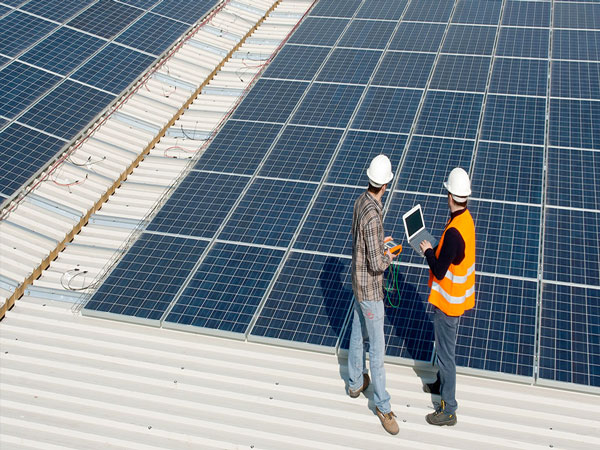
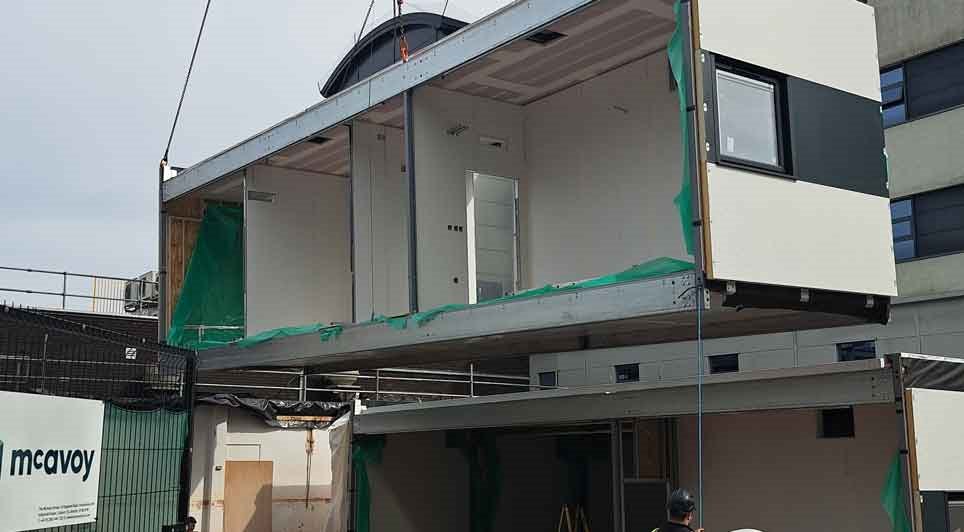
08/05/2025
McAvoy, in partnership with University Hospitals Birmingham NHS Foundation Trust, has reached a key sustainability milestone by achieving zero landfill waste during the construction of a new Medical Assessment Unit (MAU) extension at Good Hope Hospital in Birmingham.
The construction project, which
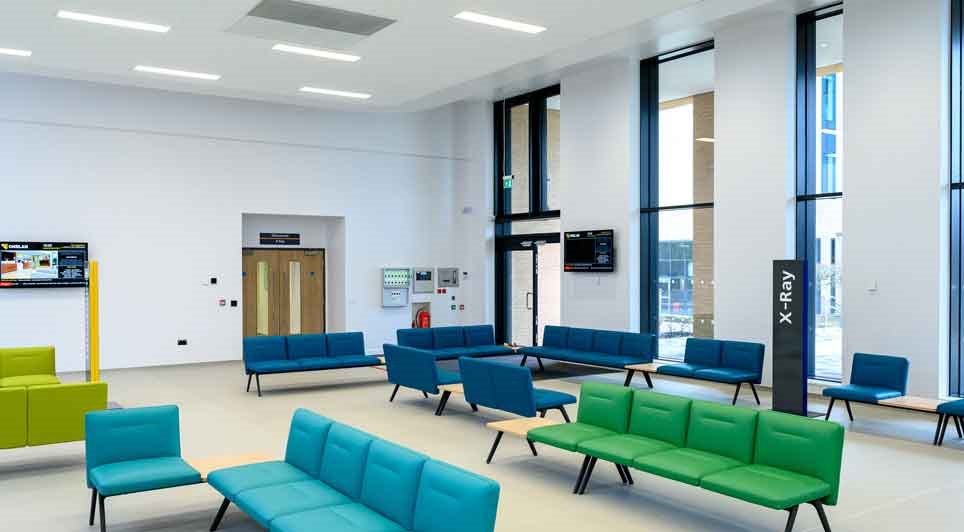
08/05/2025
A £25 million Community Diagnostic Centre at Norfolk and Norwich University Hospital (NNUH) was officially opened in late April by His Majesty's Lord-Lieutenant of Norfolk, The Lady Dannatt MBE, marking a major milestone in the delivery of modern healthcare services across Norfolk and Waveney.
The
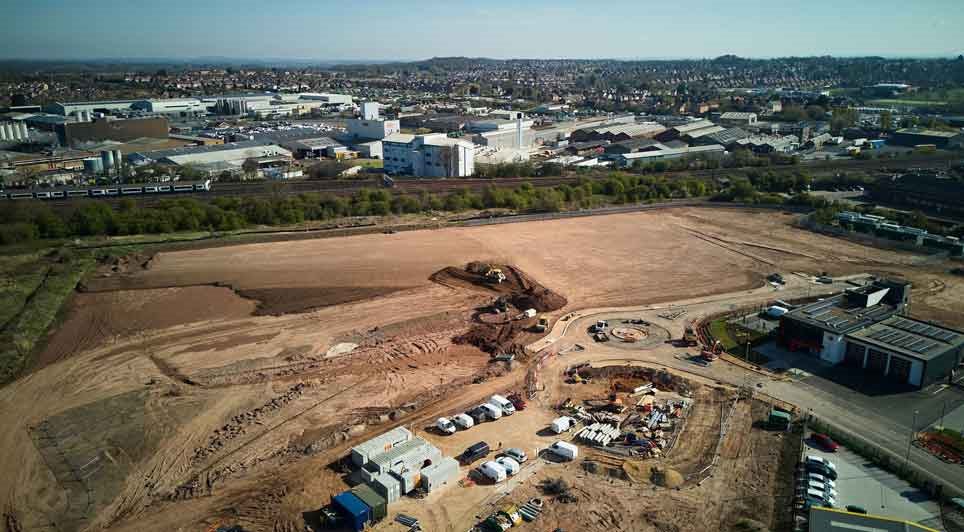
08/05/2025
Caddick Civil Engineering Ltd has completed a £2 million construction contract at the Vesuvius site in Worksop.
Commissioned by property investment and development company CEG, the infrastructure works included the extension of the existing spine road, construction of a new roundabout, and full uti

08/05/2025
Hyperion Tiles is a trusted, independent, family-run business dedicated to helping you transform your home into a space of beauty and style.
We offer a stunning selection of Porcelain Tiles,

08/05/2025
West Lancashire Borough Council has officially approved the Skelmersdale Masterplan, a landmark decision that sets in motion a long-term regeneration strategy aimed at revitalising the town through economic growth, improved transport and community-focused development.
The Masterplan was approved at
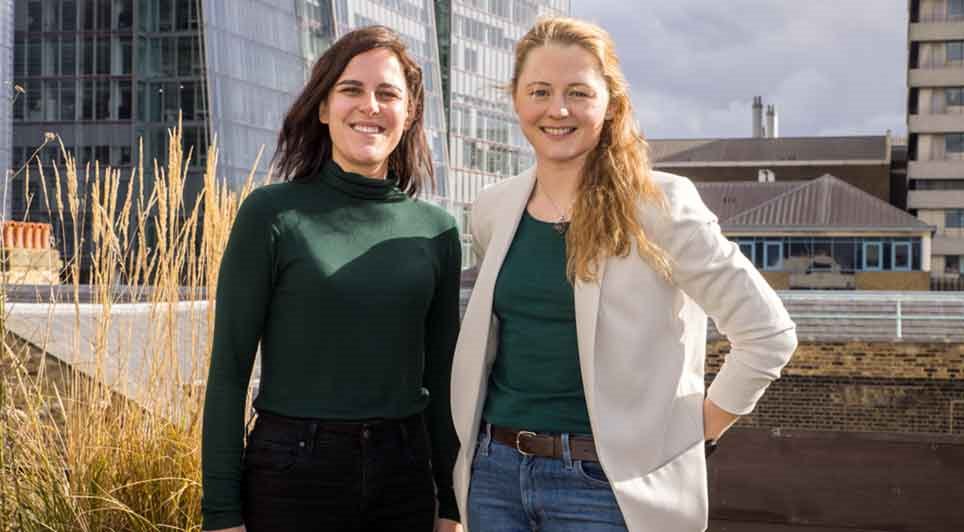
08/05/2025
Qualis Flow (Qflow), the award-winning construction technology company whose instant on-site data capture delivers transformative industry insight, has been honoured with the King's Award for Innovation, the UK's most prestigious recognition for pioneering excellence in business.
Founded in 2018 to

08/05/2025
Travelodge has exchanged contracts to develop a new 89-room hotel at the Goods Yard regeneration scheme in Bishop's Stortford.
The planned hotel will showcase Travelodge's latest premium design, including a contemporary reception area and next-generation rooms aimed at providing a comfortable stay
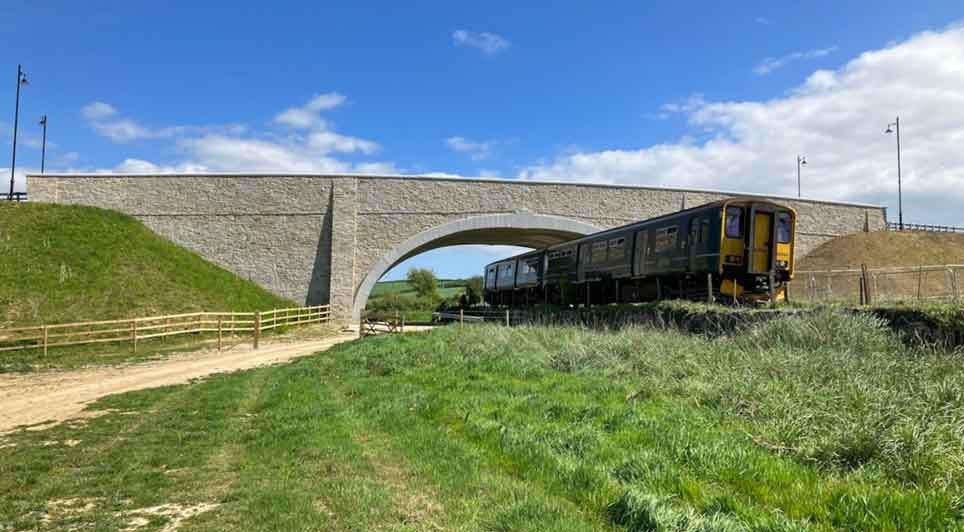
08/05/2025
A major new road scheme designed to improve transport links and unlock long-term economic growth in Newquay has officially opened to the public, with Network Rail’s newly completed railway bridge now in full operation.
The Newquay Strategic Route, developed in partnership by the Duchy of Cornwall a

08/05/2025
Leaf Living and Vistry Group have marked a major milestone in their national housing partnership with the handover of their 1,000th jointly delivered home at The Burrows development in Paddock Wood, Kent.
The event was attended by Councillor Astra Birch, Cabinet Member for Housing and Communities
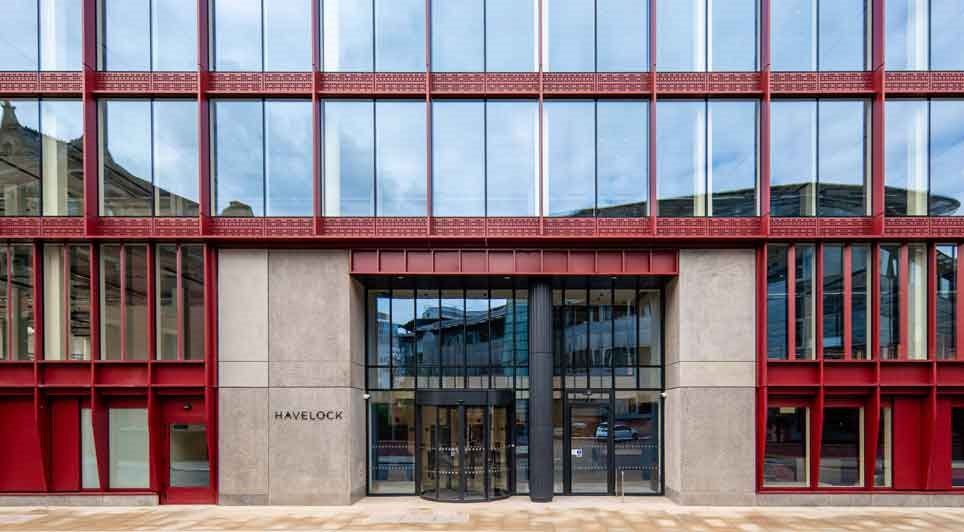
08/05/2025
Gilbert-Ash has announced that its £29 million redevelopment of Havelock House on Great Bridgewater Street, Manchester, has achieved the highly coveted 'BREEAM Outstanding' sustainability rating.
BREEAM (Building Research Establishment Environmental Assessment Method) is an internationally recognis
 UK
UK Ireland
Ireland Scotland
Scotland London
London











